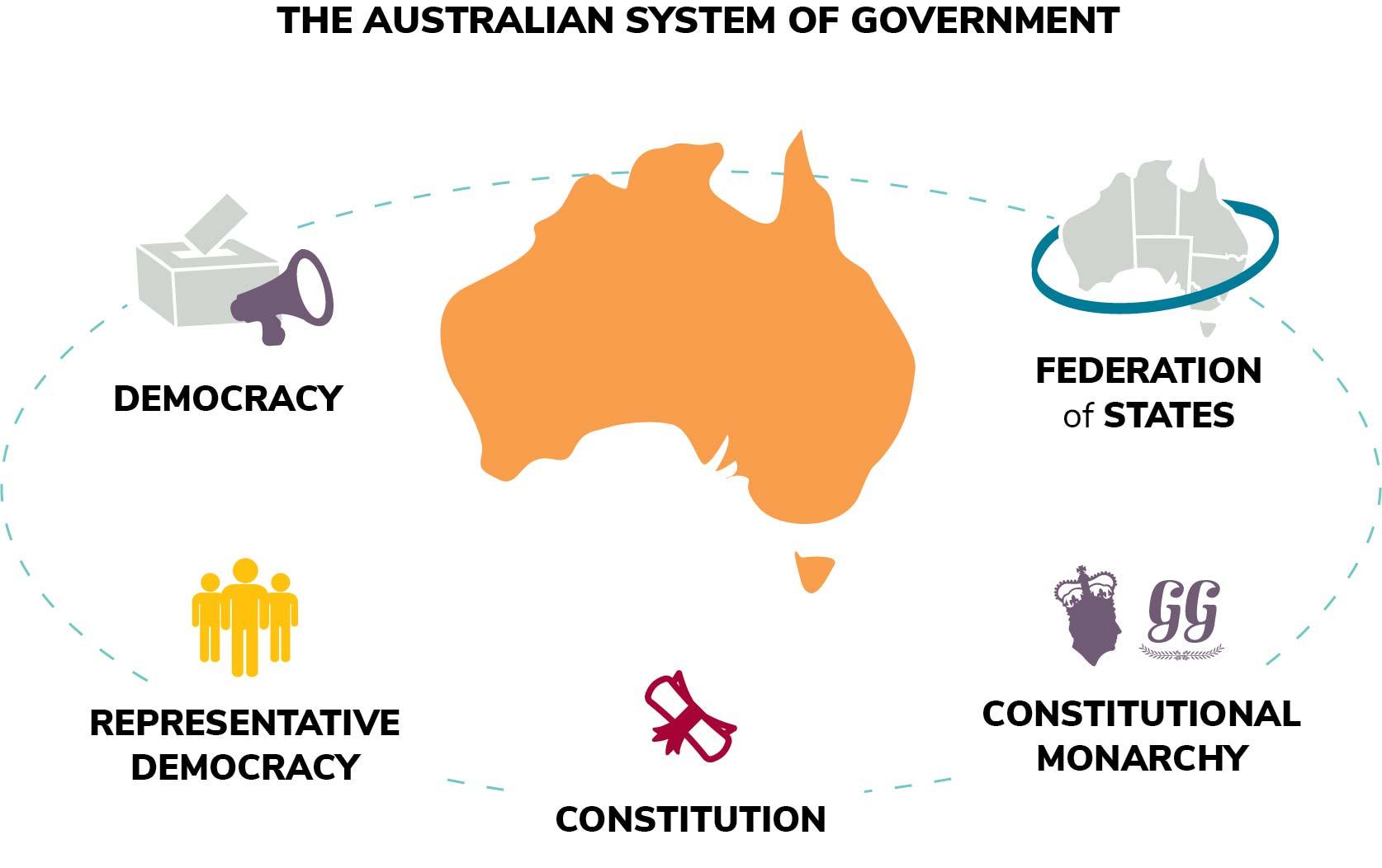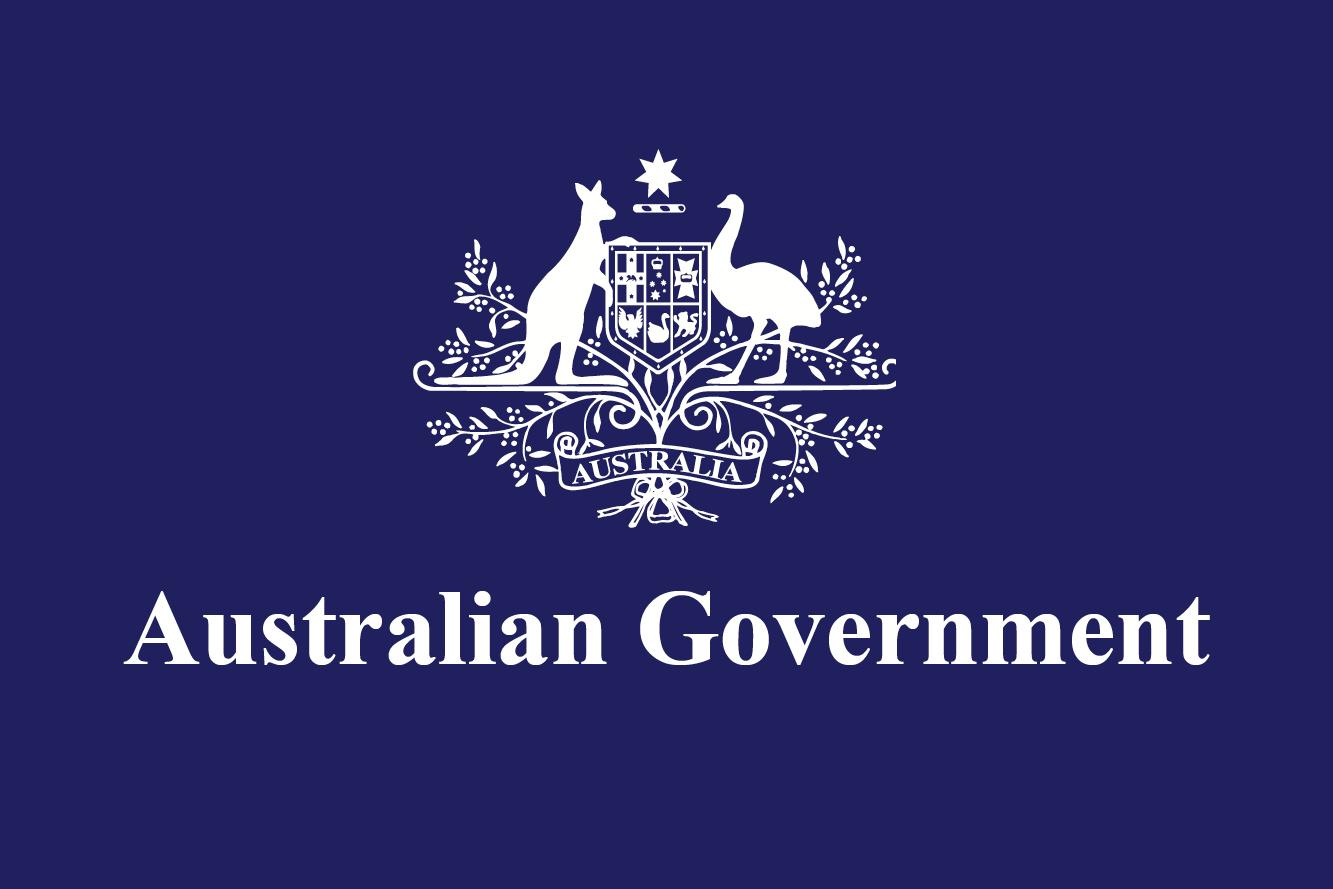Deportation Deal: Understanding the Impact on Former Detainees
the recent agreement between the Australian goverment and the tiny Pacific island nation of Nauru has sparked notable debate and concern regarding the fate of former detainees who may be affected by deportation. Critics argue that this move often overlooks the complexities of individual cases, as manny former detainees fleeing persecution and violence face challenges in reintegrating into their homelands. For those who have spent years in detention centers, the transition to life on Nauru-or even back to their countries of origin-can be fraught with emotional and logistical hurdles, including limited access to essential services like healthcare and employment opportunities.
Supporters of the deal assert that it is a necessary measure to manage Australia’s borders and prevent unlawful maritime arrivals. Though, key concerns remain regarding the treatment of deported individuals, including:
- Human Rights Violations: There are fears that deported individuals may face persecution in their home countries.
- Psychological Impact: Many former detainees suffer from trauma; the move could exacerbate mental health issues.
- economic Stability: Nauru has limited resources, raising concerns about the ability to support new populations.
As this situation unfolds, the broader implications for international asylum policies and humanitarian responsibilities come into sharp focus, demanding urgent attention from both policymakers and human rights advocates.

Nauru’s Capacity to Accommodate: A Closer Look at Infrastructure and Resources
Nauru, a diminutive island nation located in the Pacific Ocean, is facing the significant challenge of accommodating an influx of former detainees as a result of a recent agreement with the Australian government. With a land area of just 21 square kilometers and a population of around 10,000, Nauru’s infrastructure will be put to the test.The nation has historically struggled with resource limitations, and the long-term sustainability of hosting additional residents raises questions about the adequacy of its facilities. Key aspects to consider include:
- Housing: Current accommodation capacity may be insufficient, necessitating urgent construction projects to create suitable living conditions.
- healthcare: The medical facilities on the island are limited, and increased population density could strain these essential services.
- Water Supply: Access to fresh water is a recurring issue in Nauru, and an increase in residents will compound challenges related to this vital resource.
Moreover,Nauru’s economic structure,heavily reliant on phosphate mining,has seen a decline,exacerbating difficulties in financing improvements to infrastructure. the commitment to host former detainees might require international aid or investment to revitalize the island’s facilities and ensure adequate support systems are in place. Areas of concern include:
- Waste Management: The ability to manage waste efficiently will be critical as population numbers rise.
- Education: Providing educational opportunities for newcomers could strain the already limited schooling facilities.
- Employment Opportunities: Ensuring job availability for both locals and new residents will be essential for community stability.

Human Rights concerns: Assessing the Legal and Ethical Implications of the Agreement
the recent agreement between the Australian government and Nauru raises significant human rights concerns that warrant rigorous examination. Critics argue that the decision to deport former detainees is not only a political maneuver but also a profound violation of international humanitarian standards. Key legal and ethical implications include:
- Refoulement Risks: There are fears that returning individuals to Nauru could lead to unlawful returns to situations where they face risk of persecution or inhumane treatment.
- Access to Essential Services: Nauru’s infrastructure has been criticized for its inability to adequately support health care, education, and basic human needs for those being deported.
- International Obligations: australia’s obligations under various international conventions could be at stake, as these agreements mandate non-refoulement and the upholding of human dignity.
Additionally, the impact on the mental and emotional health of the deported individuals cannot be overlooked. Many of these former detainees have already endured traumatic experiences while in detention, raising questions about their readiness to return to an environment that may not provide them with the safety and security they need.Ethical considerations come into play when evaluating:
- Informed Consent: Was consent gathered under conditions that respected the autonomy of the individuals involved?
- Long-term Consequences: What are the potential long-term implications for individuals who may face stigma or hardship upon their return to Nauru?
- Government Accountability: To what extent should the government be held accountable for actions that could compromise the rights and dignity of vulnerable populations?

Recommendations for Policy Revisions: Ensuring Detainee Welfare and Support Systems
As the Australian government moves forward with plans to deport former detainees to Nauru, it is essential to reassess existing policy frameworks to prioritize the welfare and support systems for those affected. A key suggestion is the establishment of complete mental health services tailored to the unique needs of detainees. These services should include access to professional counseling, regular mental health screenings, and supportive community programs upon arrival in Nauru. Additionally, clear protocols for addressing trauma and ensuring the psychosocial well-being of individuals will be crucial in fostering resilience and adaptability in a potentially hostile environment.
Another significant revision should encompass the progress of education and job training programs designed specifically for former detainees. By equipping individuals with the skills necessary to reintegrate into society,these programs will not only empower them but also contribute to the economic growth of Nauru. Moreover, ensuring strong connections with local NGOs and community organizations can facilitate ongoing support and resources. The Australian government must also prioritize establishing open lines of communication between detainees and local authorities to encourage feedback and address concerns directly, ultimately promoting a sense of security and belonging within the community.
